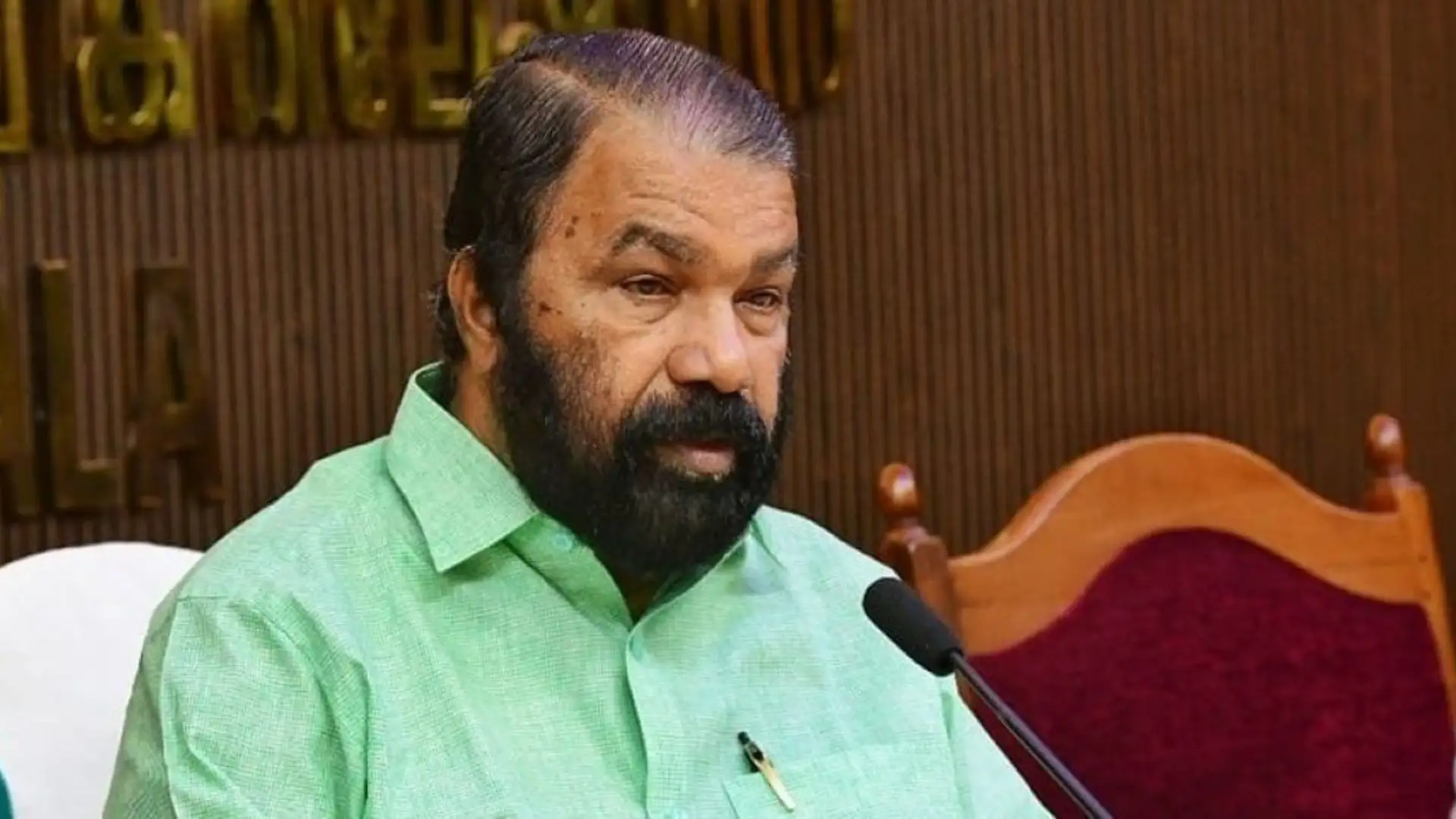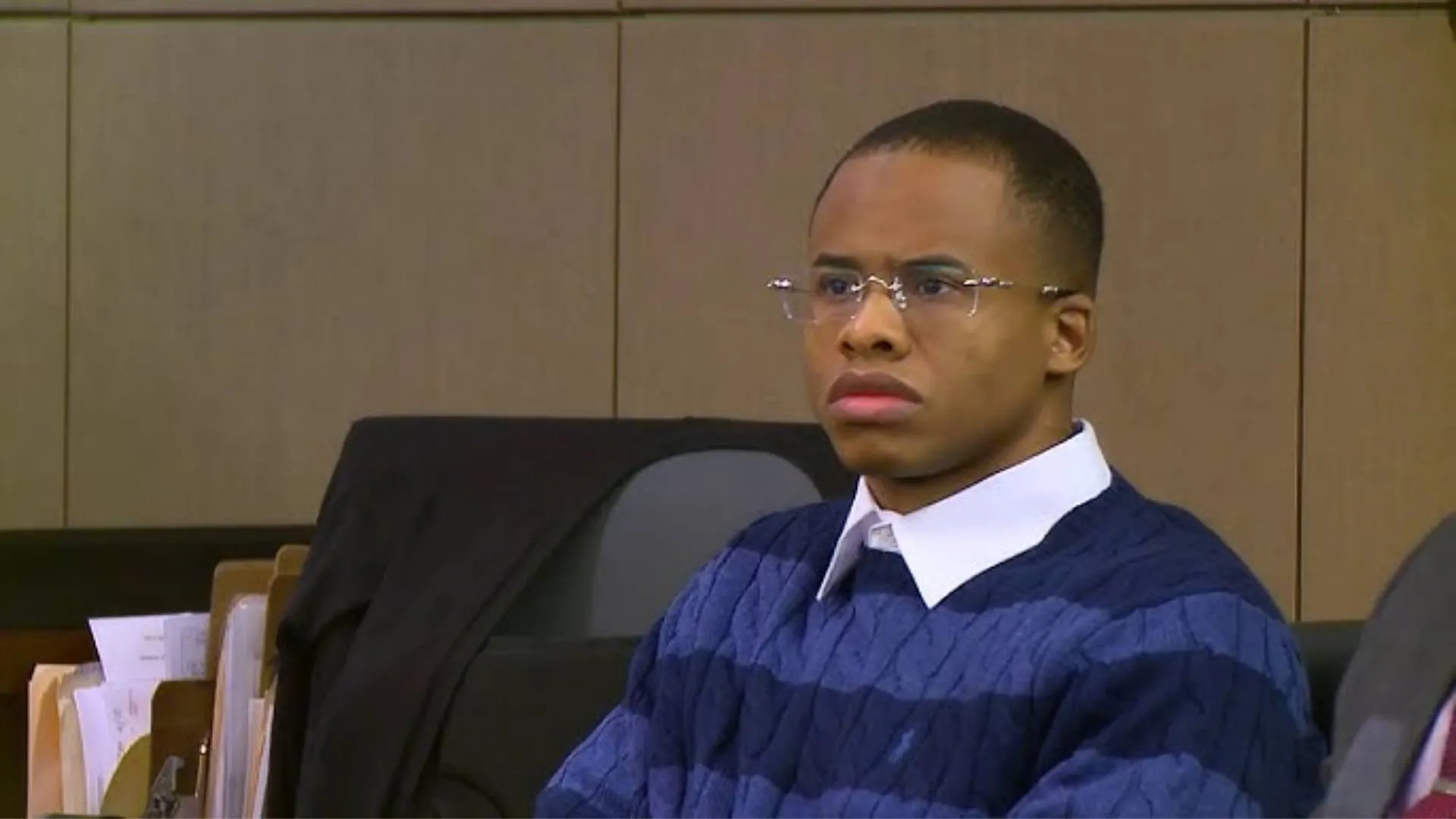Prime Minister Justin Trudeau of Canada is facing mounting pressure from members of his own Liberal Party to step down as leader. On Wednesday, during a closed-door meeting with fellow party members, Trudeau was urged to resign to avoid jeopardizing the party’s chances in the upcoming election, set for next October.
For over a year, the Liberal Party has trailed the Conservative Party by double digits in national polls, raising fears that they could suffer a major defeat. The panic has intensified following two recent parliamentary by-election losses in traditionally strong Liberal districts.
During the Wednesday caucus meeting in Ottawa, a letter signed by approximately two dozen Liberal MPs was presented to Trudeau, calling for his resignation. The letter had been circulating privately for several days before the meeting, according to Canadian media sources.
Reports indicate that around 20 members openly criticized Trudeau’s leadership during the three-hour meeting, expressing concerns over the party’s future. However, despite these objections, no member publicly challenged Trudeau’s leadership, and most MPs remained supportive, although with evident dissatisfaction.
Trudeau, speaking briefly to the media after the meeting, downplayed the internal discord, stating, “The Liberal Party is strong and united.” His comments came as Pierre Poilievre, leader of the Conservative Party and Trudeau’s primary political rival, called on him to either step down or immediately call for an election.
In response to Poilievre’s demands, Trudeau stated, “In our caucus, people have always been free to speak their minds,” suggesting that internal debates are part of a healthy party.
Marc Miller, the immigration minister and a long-time friend of Trudeau, addressed the situation by stating that he did not expect Trudeau to resign. “This isn’t a code red situation,” Miller said, adding that Trudeau was fully capable of handling the truth. “He’s quite clear about his intentions, and I don’t expect those to change.”
However, with Trudeau’s political fortunes intertwined with those of his party members, there is a growing fear that continued dissatisfaction with his leadership could lead to electoral disaster. If voters reject Trudeau, the entire Liberal caucus could face significant losses, and individual MPs risk losing their seats.
Trudeau has consistently said he plans to lead the party into the next election, and unless there is a successful no-confidence vote or a major legislative defeat, he will likely stay in power. Despite the growing dissatisfaction within the party, there is no formal mechanism to force him out.
Analysts have expressed concerns that Wednesday’s meeting could further weaken Trudeau’s position within the party. Some believe that the public airing of grievances will not be enough to restore unity. Lori Turnbull, a political scientist from Dalhousie University, stated that while the meeting may have relieved some tension, the underlying divisions remain.
“There’s a crack in the boat, and unless it’s patched quickly, that leak is going to keep growing,” Turnbull noted.
With no clear successor to Trudeau, the Liberal Party is in a precarious position. Historically, removing unpopular leaders has not been a successful strategy in Canadian politics, as seen when the Progressive Conservatives collapsed following Brian Mulroney’s resignation in 1993.
Trudeau’s long tenure—nine years in office—combined with issues like housing costs and inflation, may be contributing to the growing voter fatigue. As the next election looms, Trudeau and his advisers must find a way to placate party dissidents or risk the party’s political future.























